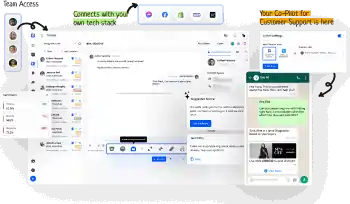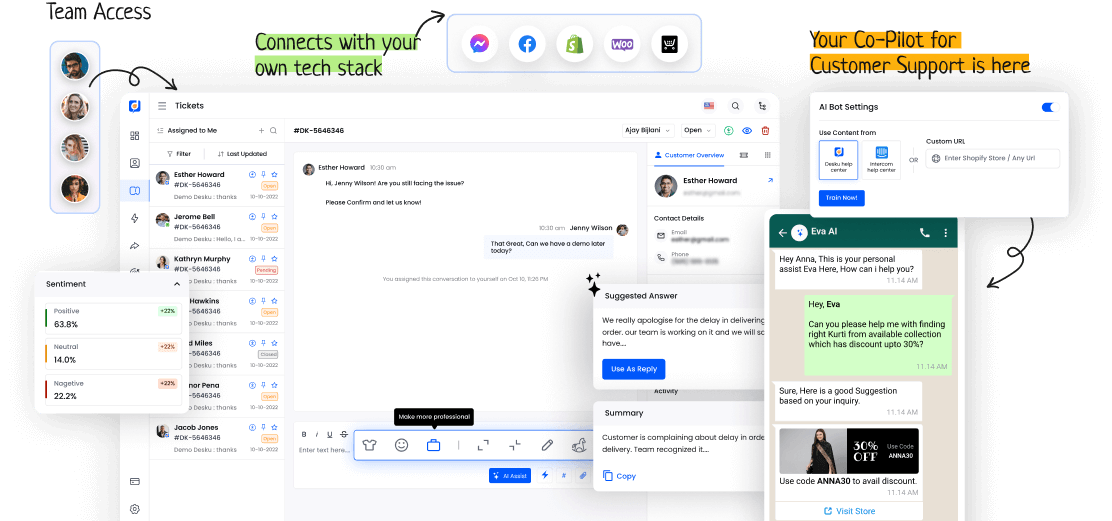In Unix-based systems, a CRON job is a silent, hard-working team member. It handles tasks quietly and regularly. It's great for automating everyday processes. This makes it very important in system administration and maintenance.
So, what happens when a CRON job is running? Understanding CRON jobs can help us see a new way of efficient and productive system operations. Let's look closely at this quiet guard and see why it's so important in the digital world.
I. Understanding the Basics of CRON Job
To get the hang of a CRON job, you need to know the basics that drive it. CRON job scheduling automates tasks at set times on a Unix-based system.
This feature is crucial for carrying out repeated tasks without needing a person to do them. Knowing how CRON job scheduling operates is key to boosting system performance and making sure automated tasks happen on time.
II. Key Applications and Uses of CRON Job
Understanding the basics of a CRON job, we now look at its various uses and applications.
CRON jobs are often used for scheduling automation and automating tasks in different areas. These include system upkeep, data backup, and website content updates.
These tasks help simplify processes, boost efficiency, and ensure tasks are done on time, without needing manual help.
III. Setting Up and Managing a CRON Job
In setting a CRON job, you need exact timing and task execution for top automation efficiency.
- CRON job scheduling provides exact task timing.
- Automated tasks simplify repeat processes.
- Regular upkeep ensures steady running.
- Watching logs confirms task completion.





